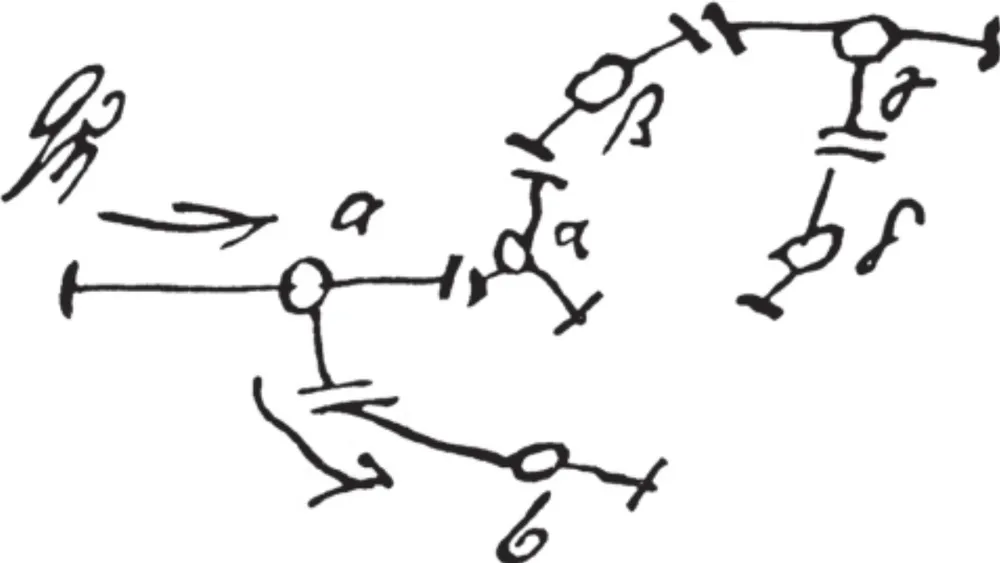Glitch in Reality
Critical Theories of Material Abstractions in Art & Literature from the 20th Century to the Present
Critical Theories of Material Abstractions in Art & Literature from the 20th Century to the Present

My objective is to train and deploy an AI text recognition software to make manuscripts legible that I encountered in my archival research within various Sigmund Freud collections, such as at the Library of Congress or the Freud Museum in London. Particularly of interest to me are Freud's travel letters to the Mediterranean Sea around 1910.
Freud’s notoriously challenging handwriting in his notes, annotations, and drafts, many of which have only recently been digitized, presents ongoing difficulties for philologists, despite the canonical status of their author. The extensive, now predominantly publicly accessible corpus of these documents can be utilized as a substantial training dataset for AI software.
My project seeks not only to unlock the propositional content of these documents but also to critically engage with these digital tools by making the mechanisms of AI explicit and subject to analysis and reflection. To what extent can psychoanalytic concepts–such as association, pathbreaking, the unconscious, or screen memory–be beneficial in comprehending both the technical operations of AI systems and the surrounding discourse? Freud, along with subsequent theorists who built upon his work, consistently made allusions to technological systems and devices (most notably in Notes on the ‚Mystic Writing Pad’). How can we take these references seriously beyond mere metaphors and utilize them to engage with digital tools by explicitly exposing the mechanisms of AI and subjecting them to analysis and critical reflection?
Graduate Fellowship